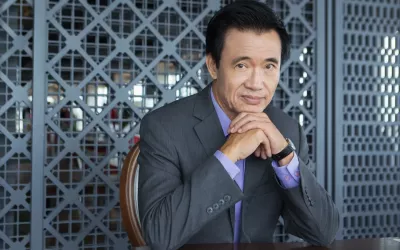
How to be a country manager
For 25 years, Morunda has been interviewing leaders in Japan’s pharmaceutical and medical device industry. Most country managers typically come from a commercial background, rooted in sales and marketing. It’s rare to find country managers who come from finance or medical, when screening candidates for the top role, we delve into their personal qualities and leadership skills. What motivates their pursuit of the position? How adaptable are they to new leadership styles amidst high stakes and uncertainty? Specific skills like effective governance and strategic vision are crucial for the role of Country Manager.
Successful candidates often ascend to leadership driven by passion for their work rather than a lifelong ambition for the top spot. They show unwavering commitment and deliver notable results in their current roles. These leaders, propelled by their dedication and achievements, attract attention and support from boards, paving their path to consideration for Country Manager.
The finest leaders act more as coaches than heroes. They inspire and develop their teams, setting clear goals and strategies while nurturing strengths and addressing weaknesses with empathy. Creating a supportive environment where trust and communication thrive, they empower their teams to take risks and learn from failures. Leading by example, they exhibit resilience and dedication, celebrating achievements collaboratively. Ultimately, these leaders guide their teams through challenges, enabling them to reach their full potential.
Today’s Country Managers in Japan embody strong character, evident in their conduct during interviews. They orchestrate their teams like conductors, leveraging individual strengths and demonstrating genuine care for collective achievements. Continual learning is pivotal; they adapt and enhance their skills, akin to diplomats navigating diverse stakeholder demands. In this context, perhaps with the rise of artificial intelligence, the importance of strong interpersonal skills is now more important than ever. The ability to lead and inspire teams, foster collaboration, and communicate effectively becomes increasingly crucial as technological advancements reshape the workplace landscape.
Recent Posts
- Time Kills Deals: Why Speed is Your Most Powerful Hiring Tool
- Beyond the Paycheck: The Four Pillars of Attracting Top Talent in 2026
- The Experience Premium: Why 55 is the New 40 in Tokyo
- Beyond the “Black Swan”: Why Life Science Firms Must Pivot from Perfection to Potential in 2026
- The “Player-Coach” Era: Why Your Technical Pedigree is No Longer Enough


